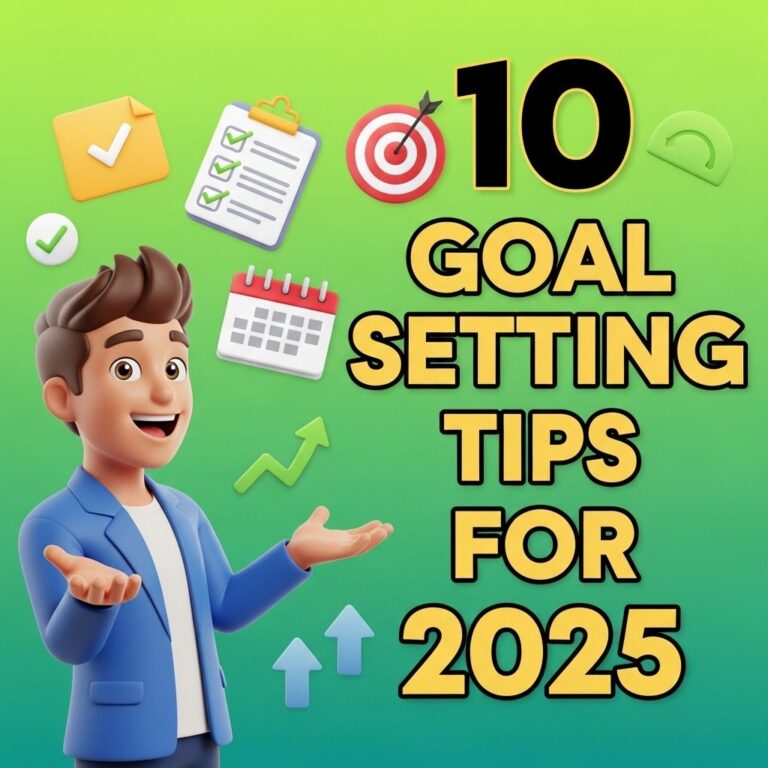Table of Contents
Introduction
In the rapidly evolving world of personal coaching, establishing a strong brand is essential for distinguishing oneself from the competition. As the industry becomes increasingly saturated, personal coaches need to utilize effective branding strategies to attract and retain clients. By 2025, the landscape of coaching will likely shift even further, influenced by advancements in technology and changes in client expectations. This article explores critical branding strategies that personal coaches can adopt to elevate their game and thrive in the competitive coaching market.
In 2025, personal coaches face a competitive landscape where effective branding is crucial for standing out and attracting clients. Implementing essential branding strategies can elevate your coaching game, allowing you to convey your unique value and connect more deeply with your audience. For a visual touch, learn more about wall logo presentation to enhance your brand’s identity.
Understanding the Importance of Branding
Branding goes beyond just having a memorable logo or a catchy tagline. It encompasses the entirety of the experience that clients have with a coach, from the first point of contact to ongoing interactions. Effective branding conveys the values, mission, and unique offerings of a coach, creating a deeper connection with clients. Here are some reasons why branding is crucial:
- Builds Trust: A strong brand fosters credibility and trust, making potential clients more likely to choose your services.
- Increases Recognition: A well-defined brand helps clients easily recognize and remember your services.
- Creates Emotional Connection: Branding can evoke emotions, leading to stronger relationships with clients.
- Differentiates You: In a crowded market, a unique brand can set you apart from competitors.
Key Branding Strategies for Personal Coaches
1. Define Your Unique Value Proposition
Your unique value proposition (UVP) is what sets you apart from other coaches. It encapsulates what you offer that is different and why clients should choose you. To define your UVP, consider the following:
- Identify Your Niche: Focus on a specific area of coaching that aligns with your expertise and passion.
- Understand Your Ideal Client: Know who your target audience is, what their pain points are, and how you can address them.
- Articulate Your Approach: Explain your coaching style and methods clearly, highlighting what makes them unique.
2. Develop a Cohesive Brand Identity
A cohesive brand identity involves the visual and verbal elements that represent your brand. This includes your logo, color palette, typography, and tone of voice. Consider the following steps:
- Create a Memorable Logo: Design a logo that reflects your coaching philosophy and resonates with your audience.
- Choose Your Colors Wisely: Colors evoke specific emotions, so select a palette that aligns with your brand values.
- Establish a Consistent Tone: Whether speaking or writing, maintain a consistent tone that reflects your personality and professionalism.
3. Build an Engaging Online Presence
In today’s digital world, a robust online presence is crucial for personal coaches. An engaging website and active social media profiles can help you connect with clients and showcase your brand. Here are some essential components:
- Professional Website: Your website should be user-friendly, visually appealing, and provide clear information about your services and credentials.
- Content Marketing: Share valuable content related to coaching through blogs, videos, and podcasts to position yourself as an authority in your niche.
- Social Media Engagement: Use platforms like Instagram, Facebook, and LinkedIn to connect with your audience, share insights, and promote your services.
4. Utilize Client Testimonials and Case Studies
Social proof is a powerful tool in establishing credibility. Showcasing testimonials and case studies can help potential clients see the value of your coaching services. To effectively utilize social proof:
- Collect Feedback: Encourage clients to provide feedback and testimonials after coaching sessions.
- Highlight Success Stories: Create case studies that detail how your coaching has positively impacted clients.
- Display Testimonials: Feature client testimonials prominently on your website and marketing materials.
5. Invest in Personal Development
As a coach, your brand is intrinsically linked to your personal growth. Investing in your development enhances your skills and strengthens your brand. Consider the following:
- Continuous Learning: Attend workshops, webinars, and courses to stay updated with coaching trends and methodologies.
- Networking: Build relationships with other coaches and professionals in your field to share insights and gain support.
- Personal Branding: Work on your personal brand by identifying your strengths, values, and goals, and ensuring they align with your coaching practice.
6. Leverage Technology for Branding
Technology offers various tools and platforms that can enhance your branding efforts. Here are a few to consider:
- Email Marketing: Build a mailing list to keep your audience informed about your services, upcoming events, and valuable content.
- Online Courses: Create online courses or workshops as part of your offerings, showcasing your expertise and expanding your reach.
- Branding Tools: Utilize design tools like Canva or Adobe Spark to create visually appealing marketing materials.
Measuring the Effectiveness of Your Branding
Understanding the impact of your branding strategies is essential for continuous improvement. Here are some methods to measure effectiveness:
- Client Feedback: Regularly seek feedback from clients about their experience with your branding and services.
- Website Analytics: Use tools like Google Analytics to track traffic, user behavior, and conversion rates on your website.
- Social Media Metrics: Monitor engagement rates, follower growth, and interactions on your social media platforms.
Conclusion
As the coaching industry grows and evolves, establishing a strong brand becomes increasingly vital for personal coaches. By defining a unique value proposition, developing a cohesive brand identity, and leveraging technology, coaches can enhance their visibility and attract clients. Moreover, continuous learning and adapting to trends will keep your brand relevant and successful in the years to come. Embrace these strategies and watch your coaching practice thrive in 2025 and beyond.
FAQ
What branding strategies should personal coaches focus on in 2025?
In 2025, personal coaches should prioritize authentic storytelling, social media engagement, and a strong online presence to connect with clients.
How can personal coaches differentiate themselves in a crowded market?
Personal coaches can differentiate themselves by developing a unique niche, showcasing client success stories, and offering personalized coaching experiences.
Why is social media important for personal coaches?
Social media is crucial for personal coaches as it allows them to build a community, share valuable content, and attract potential clients through targeted engagement.
What role does a professional website play in a coach’s branding?
A professional website serves as a central hub for a coach’s services, testimonials, and resources, enhancing credibility and making it easier for clients to find and connect.
How can personal coaches leverage client testimonials for branding?
Personal coaches can leverage client testimonials by prominently displaying them on their website and social media, showcasing their success and building trust with potential clients.
What trends in coaching branding should be anticipated in 2025?
In 2025, trends in coaching branding may include increased use of video content, interactive online workshops, and a focus on mental wellness and holistic approaches.









